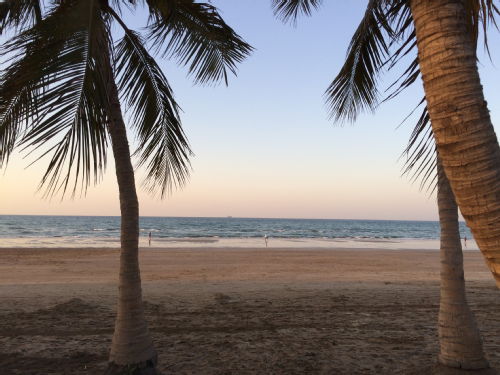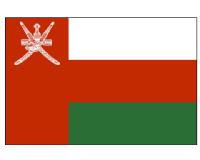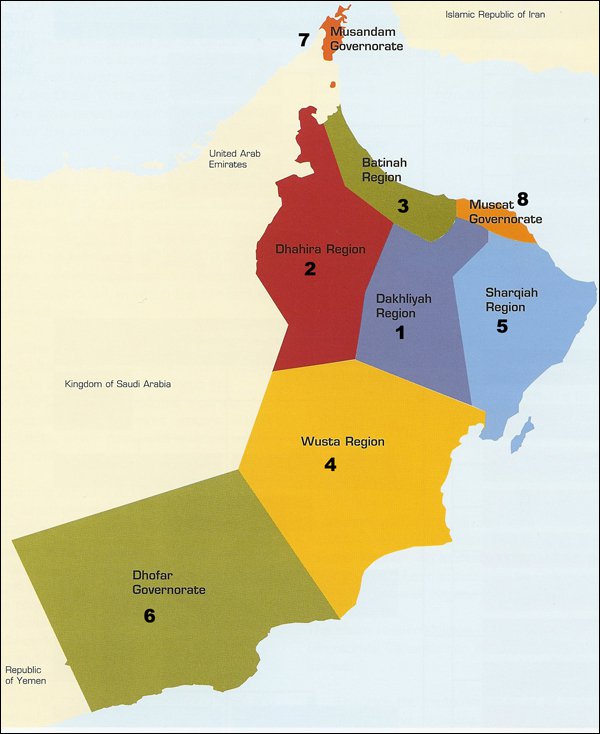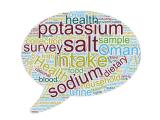Sultanate of Oman
National survey to estimate sodium and potassium intake and knowledge attitudes and behaviours towards salt consumption of adults in the Sultanate of Oman.
Al-Mawali A, D'Elia L, Jayapal SK, Morsi M, Al-Shekaili WN, Pinto AD, Al-Kharusi H, Al-Balushi Z, Idikula J, Al-Harrasi A, Cappuccio FP.
Abstract
Objectives To estimate population sodium and potassium intakes and explore knowledge, attitudes and behaviour (KAB) towards the use of salt in adults in the Sultanate of Oman.
Design National cross-sectional population-based survey.
Setting Proportional random samples, representative of Omani adults (18 years or older), were obtained from all governorates of the Sultanate of Oman.
Participants Five hundred and sixty-nine (193 men, 376 women; 18 years or older) were included in the analysis (response rate 57%). Mean age was 39.4 years (SD 13.1). Participants attended a screening including demographic, anthropometric and physical measurements.
Primary and secondary outcome measures We assessed dietary sodium, potassium and creatinine by 24-hour urinary sodium (UNa), potassium (UK) and creatinine (UCr) excretions. We collected KAB by a questionnaire on an electronic tablet.
Results Mean UNa was 144.3 (78.8) mmol/day, equivalent to 9.0 g of salt/day and potassium excretion 52.6 (32.6) mmol/day, equivalent to 2.36 g/day, after adjusting for non-urinary losses. Men ate significantly more sodium and potassium than women. Only 22% of the sample had a salt intake below the WHO recommended target of 5 g/day and less than 10% met WHO targets for potassium excretion (>90 mmol/day). While 89.1% of those interviewed knew that consuming too much salt could cause serious health problems and only 6.9% felt they were using too much added salt, one in two participants used always or often salt, salty seasonings or salty sauces in cooking or when preparing food at home.
Conclusions In the Sultanate of Oman, salt consumption is higher and potassium consumption lower than recommended by WHO, both in men and in women. The present data provide, for the first time, evidence to support a national programme of population salt reduction to prevent the increasing burden of cardiovascular disease in the area.
WHO EMRO Region:
Training Meeting for a National Survey on Salt Consumption
10th-16th December 2016
Muscat, Sultanate of Oman

The W.H.O. Collaborating Centre of the University of Warwick is providing technical support to the Ministry of Health of the Sultanate of Oman, as part of its remits to support the W.H.O. E.M.R.O. Region in the implementation of population salt reduction programmes in Member States.
The technical support will (i) assist with adapting the W.H.O. E.M.R.O. protocol of the 24h urinary sodium to Oman; (ii) advise on the implementation of the study with identified local experts; (iii) train local staff on implementation of 24h urine collection protocol; (iv) support during data collection, process and analysis.
The first mission was held in Muscat between 10th-16th December 2016 and was attended by Prof Francesco P Cappuccio from the W.H.O. Collaborating Centre. During his stay there were meetings:
- with Dr Ruth Mabry (Technical Officer - WHO Country Office of Oman), to discuss WHO strategies and priorities in the area;
- with Dr Amel Ibrahim (Nutrition Department/DGHA, Ministry of Health of Oman), Dr Lyutha Al-Subhi (Department of Food Science & Human Nutrition, Sultan Qaboos University), Dr Ruqaya Balushi (Ministry of Health of Oman) and Dr Salima, to discuss practical issues in the design, implementation and analysis of a nutritional survey;
- with Dr Adhra Al-Mawali (Director of Centre for Statistics and Research), Dr Waleed Nasser Al-Shekaili (Acting Head of Systems Research) and Dr Magdi Mahamoud Morsi (Statistician), all from the Ministry of Health of Oman, to discuss possible interaction with the National Nutritional Survey of Oman and the assessment and monitoring of national salt consumption;
- finally, with His Excellency the Undersecretary for Health Affairs of the Sultanate of Oman, Dr Mohammed bin Saif Al Hosni, and his Advisor Dr Mahmood Shaban, to discuss progress and to receive further advice, endorsement and support for the National initiative.


Salt intake (g/day) in the Sultanate of Oman (2018)
| Mean | SD | |
| Men (n=193) | 9.6 | 5.5 |
| Women (n=376) | 8.7 | 4.6 |
| All (n=569) | 9.0 | 4.9 |
Method: 24h urine collection
Reduction of salt intake, a priority for the Ministry of Health of Oman (2014)
WHO Representative
PO Box 1889, Ruwi
Muscat 112

